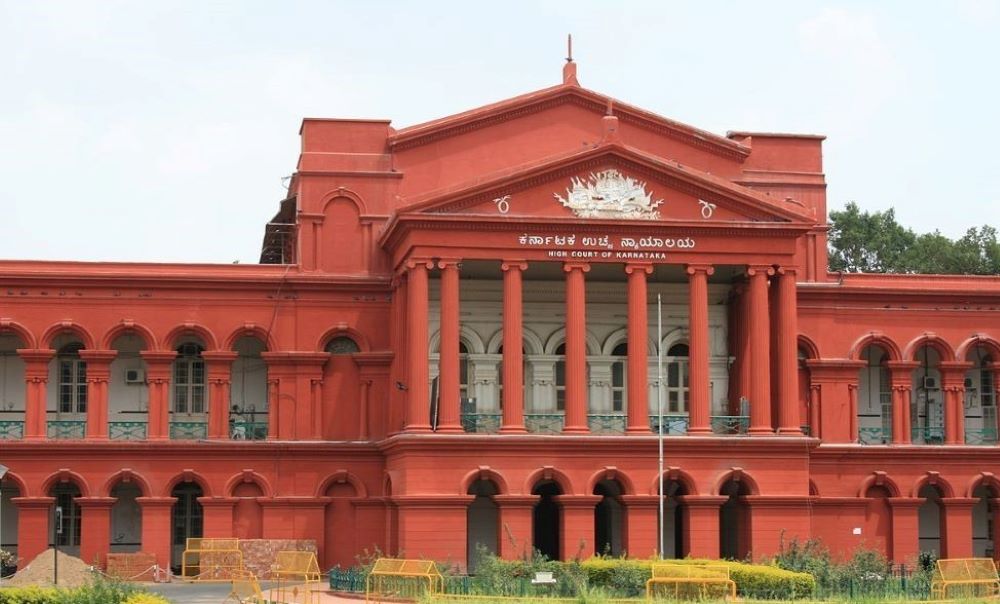Lekha G –
The Karnataka High Court has said filing a common charge sheet for complaints against the same accused in different police stations is against the law and filing an amalgamated charge sheet is impermissible under the CrPC.
The Court relied on the order of Delhi High Court in the case of State v. Khimji Bhai Jadeja which had considered the judgments of various High Courts as well as Supreme Court and held that filing an amalgamated charge-sheet is impermissible.
The CID had moved the Court challenging an order dated 8 August 2016 passed by Principal District and Sessions Judge, Mysuru that rejected the charge sheet filed by Police Inspector, Financial and Vigilance Unit, CID.
The Trial Court had rejected the charge sheet filed under the Karnataka Protection of Interest of Depositors in Financial Establishments Act, 2004, on the ground that the Police Inspector was not the Competent officer to file the report or take action and released the accused.
However, liberty was granted to the Investigating Officer to file a charge sheet before the Jurisdictional Magistrate for offences punishable under IPC.
The single Bench of Justice K Natarajan, Karnataka High Court said, “Though the Trial Court rightly refused to accept the chargesheet, but committed an error in discharging the accused and directing the Investigating Officer to file the chargesheet before the Jurisdictional Magistrate. Once the Special Court is established, the question of discharging the accused for the reasons that the charge-sheet is filed by incompetent Investigating Officer does not arise. The Trial Court misread the provisions of the Special Act and has not considered Section 4 of the CrPC.”
The Court further quashing the order of Special Court directed it to return the charge sheet to the Investigating Officer in order to file a separate charge sheet for each individual complaint and that the Trial Court would thereafter proceed in accordance with the law.

